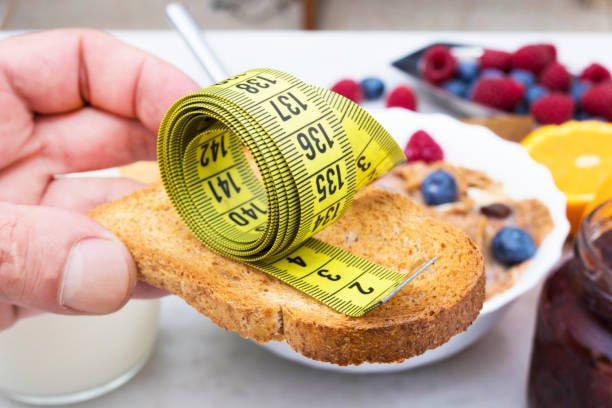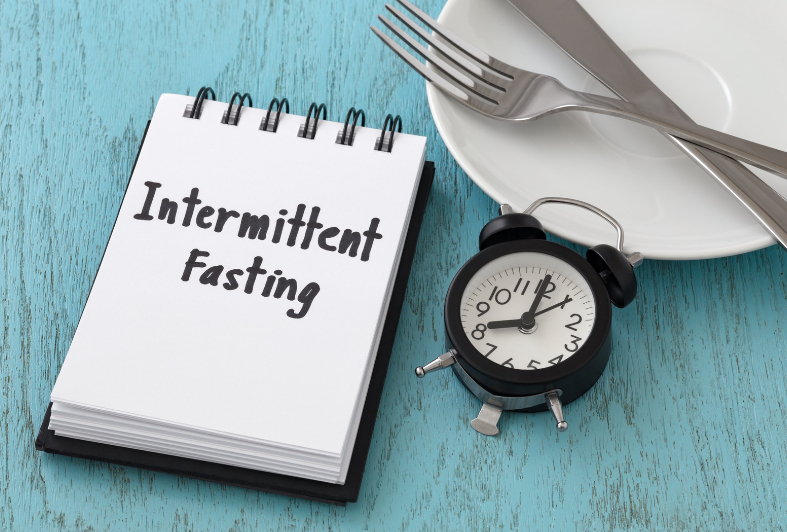Are HIIT Workout Benefits All They’re Made Out to Be?
HIIT workout benefits: burn more calories, build muscle mass, improve VO2 max, etc. — but one's got to wonder, "What's the catch?" Find out here.
Using Natural Appetite Suppressants to Lose Weight: What You Need to Know
Natural appetite suppressants typically work via one or a combination of these mechanisms: activating the gastrointestinal tract’s stretch receptors, delaying gastric emptying, and triggering appetite-regulating hormones.
25 Drinks and Foods that Suppress Appetite and Cravings
Foods that suppress appetite generally fall into three categories: 1) high-volume yet low-calorie foods, 2) high-protein foods, and 3) high-fat foods.
The Brain: The Key to Our Fight Against Obesity
Many experts believe that a crucial organ has been overlooked in the fight against obesity — the brain. Experts believe that obesity is most likely a disorder of the brain, thus the need for interventions that not only focus on willpower.
How to keep weight off after weaning off weight loss medications?
After stopping a GLP-1RA, a number of individuals may regain a portion of the weight that they lost while taking the medication. Being diligent about a healthy lifestyle will help to prevent weight regain. This includes exercise, a healthy diet, and getting enough sleep.
Benefits of Digital Health Coaching for Your Weight Loss Diet Plan
Now, even busy individuals, constant travelers, and those working odd hours can reap the benefits of personalized health coaching from health coaches and dietitians through digital health coaching.
Apple Cider Vinegar for Weight Loss: Does it Work?
One shot of apple cider vinegar daily keeps the weight off — could successful weight loss really be as painless and effortless as that? Learn the truth here.
Is Weight Loss without Exercise Possible?
Weight loss without exercise is entirely possible. But there's a catch. Learn what it is, plus what you need to do to lose weight and keep it off for good.
What You Need to Know About PCOS
Polycystic ovary syndrome, or PCOS, is a condition of hormonal imbalance that affects up to 20% of women after puberty and before menopause. The exact cause is not clear, but risk factors include genetics, being overweight, and having diabetes or insulin resistance.




















